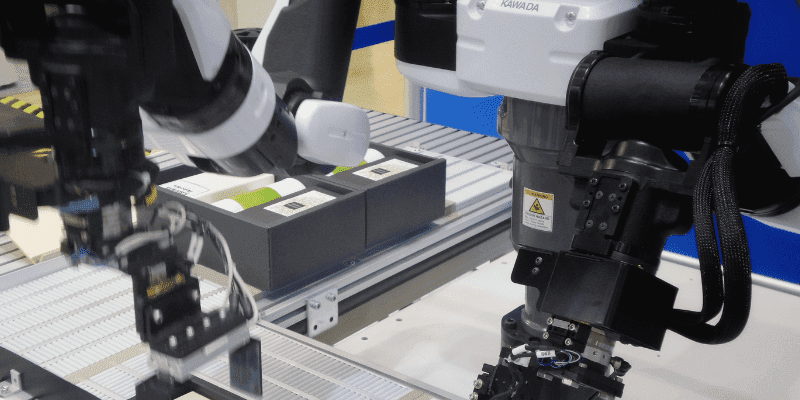The rapid growth of robotics across industries raises new ethical concerns about safety, jobs, and responsible development, according to technology policy experts.
Robots now handle tasks in manufacturing, healthcare, and communication, creating questions about accountability and regulation.
The key issue centers on responsibility when autonomous robots cause harm. Current laws need updating to address these new scenarios.
While robots can perform dangerous jobs and help people with disabilities, they may also displace workers and raise privacy concerns if misused for surveillance.
Regulatory bodies must balance oversight without stifling innovation. Too many restrictions could slow advances, while too few might lead to unsafe practices.
Some organizations already show how ethical robot development works. They focus on safe human-robot interaction and thorough testing before deployment.
The robotics industry needs to partner with governments to create guidelines that protect society while allowing technological progress.
Companies must consider how to retrain workers displaced by automation to prevent increasing inequality.
Development costs and programming biases remain challenges for the industry to address.
Experts emphasize that careful management of robotics technology can ensure it enhances human capabilities rather than causes harm.
